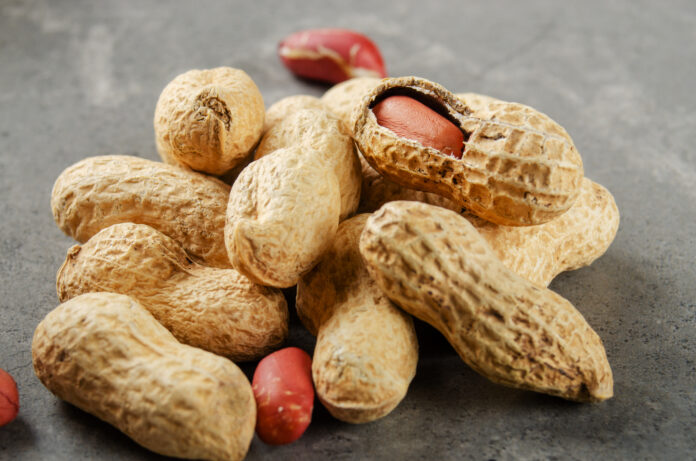A clinical trial assessing fecal microbiota transplants (FMT) for treatment of peanut allergy shows good early results.
The Phase I trial began in 2019 with the aim to assess the safety and efficacy of fecal microbiota transplants in treating peanut allergy. The trial investigators used stool samples from healthy, non-allergic donors. These donors received instructions on avoidance of any form of nuts, even in traces, for one week prior to stool donation. Researchers further tested the samples for traces of peanuts and tree nuts before the preparation of FMT capsules.
In Part A of the trial, 10 participants received 36 FMT capsules over a period of 3 hours. Whereas in the second arm, five additional participants received broad-spectrum antibiotics prior to the oral FMT pills. Prior to the trial, the 15 participants reacted to even less than half a peanut prior to the trial. However, results revealed increased tolerance to as much as four peanuts in 30% of part A participants. Furthermore, 60% of the participants in part B tolerated a greater number of peanuts.
Encouraging Results, Says Lead Investigator
Current treatments for peanut allergy include lifelong avoidance of the allergen, often combined with oral immunotherapy. However, this does not guarantee a cure, especially not in adults. According to Dr. Rima Rachid of the Food Allergy Program at Boston Children’s Hospital, oral immunotherapy can take as long as 6 months to show its effects. Moreover, its long-term effects are unclear, and most people leave the treatment halfway. Therefore, FMT provides a much faster and more long-lasting effect.
In a recent press release, Dr. Rachid stated the results as ‘encouraging’.
A single FMT led to a significant increase in the threshold of reactivity to peanut at both 1 month and 4 months after treatment, showing that the effect was prolonged. This study is offering hope that microbiome interventions may be effective in food allergy.
Dr. Rima Rachid, lead investigator and co-director of the Food Allergy Program at Boston Children’s Hospital
Next, the researchers plan to conduct a phase II trial in 12 to 17-year-olds. Patients will receive a combination of pretreatment antibiotics and purified Microbial Transplantation Therapy (MTT).
Source: Boston Children’s Hospital




